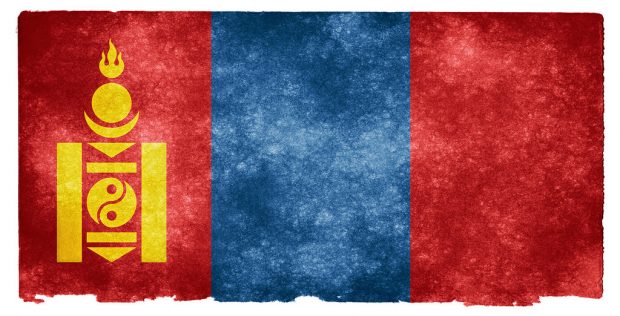
Next election coming in 2020, is it a threat to Mongolia’s reviving economy?
Ulaanbaatar — The state budget for 2019, approved by the parliament earlier this month, sees increases in public expenditure, with higher allocation of funds to be spent on wage and pension benefits, and infrastructure projects- mostly construction of schools and kindergartens. These moves – which the finance minister was quick to stress – were aimed at addressing the shortage of schools and kindergartens; moreover the only expenditure that has been increased in the budget are a not-so-subtle attempt to win over voters ahead of parliamentary election in 2020.
In the 2019 budget, the revenue is projected to reach 27.4 percent of GDP (9.6 trillion MNT), expenditures 32.8 percent of GDP (11.5 trillion MNT), and the deficit is expected to be MNT 1.9 trillion or 5.4 percent of the GDP. The mining revenue is to account for 27 percent of the total budget revenue, increased by 76.4 percent compared to 2018 budget. The 2019 fiscal stance represents a substantial loosening. With public debt is still high (projected to reach around 75 percent of GDP at end-2018) and with the economy exposed to global commodity developments, many people criticized the budget as optimistic assumption and the revenue estimates as unachievable.
“When the global financial and economic assumptions are as gloomy,” President Khaltmaagiin Battulga said during his address to the parliament. The 2019 budget is “too optimistic. Oblivious to the imminent crisis, far from real world, more intent on influencing the 2020 parliamentary elections, and full of conflict of interest.” The budget was passed against backdrop of economic and political disenchantment. Just days before reports were made public of a scandal involving officials who channeled close to US $1.3M in government fund to family and friends. The money was meant to be used for the country’s struggling SME sector.
Could the upcoming election jeopardize the reviving economy?
After years of rising vulnerabilities, Mongolia nearly experienced a financial crisis in 2016. To avoid default (2017), the government responded by launching its Economic Recovery Plan, supported by $5.5 billion multi- donor financing package, including $425 million from IMF under the Extended Fund Facility (EFF).
Since then, boosted by external demand for coal and a rise in commodity prices have triggered an economic recovery. The fiscal deficit fell sharply due to a substantial pick up in revenues and strict expenditures control. The economic growth is strong in 2018 at above 6 percent. The World Bank and ADB recently upgraded their outlook on Mongolia’s economy, however share similar sentiment- they warn the authorities to remain wise on expenditure.
“The outlook for 2019 seems generally positive, but there are two types of risks to watch out for: domestic uncertainty, due largely to politics, and external pressure from demand. In order to navigate the uncertainties, Mongolia must stick to the reform program and ensure its close implementation.” Jean-Pascal N. Nganou said, economist at the World Bank.
Last month, IMF completed the fifth review of Mongolia’s economic performance under the EFF program.
On the report, there are several political passages that raise concerns: “Despite substantial progress, significant risks remain. Increasing political pressure could result in overly loose fiscal and monetary policies which would weigh on the exchange rate and put reserve targets at risk.” As the 2020 elections is coming, spending pressures are rising.
By Tuul Chuluunbaatar



